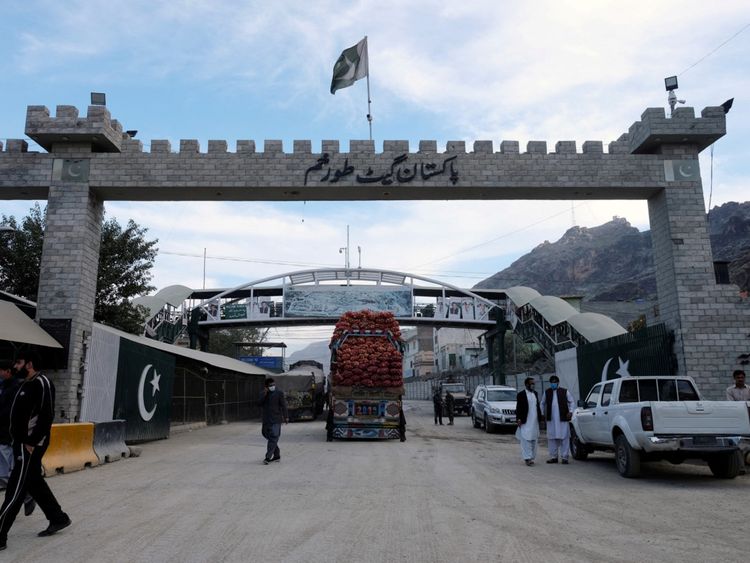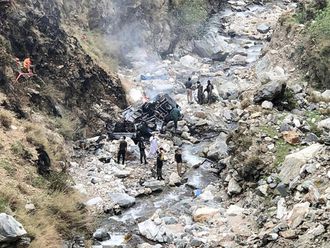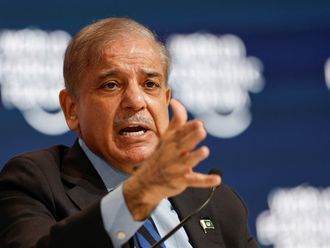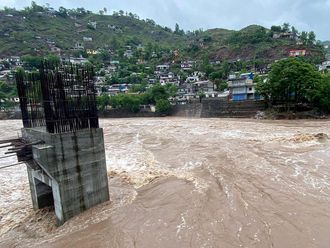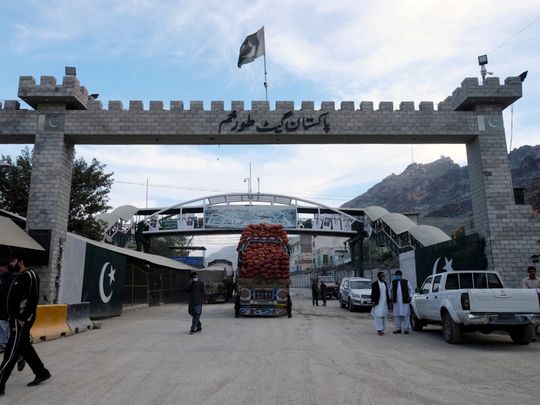
Islamabad: Pakistan has officially announced the implementation of a barter trade mechanism with Iran, Afghanistan and Russia on specific goods, including petroleum and gas to strengthen the country’s foreign reserves and economy.
The ‘business-to-business barter trade mechanism 2023’ was implemented on June 2 with the approval of Commerce Minister Syed Naveed Qamar. Both state-owned and private enterprises in Pakistan will have the opportunity to engage in barter trade with Russia, Iran, and Afghanistan.
Minister Qamar played a crucial role in making this initiative a reality by holding meetings with high-level delegations from these countries.
“The aim of the barter trade system is to stabilise the economy of Pakistan by increasing foreign reserves and expanding trade opportunities,” according to the commerce ministry. To participate in this system, businesses must meet specific requirements, including registering with the Pakistan Single Window System, obtaining an import-export license, submitting trade applications via the Federal Board of Revenue’s (FBR) online portal, and getting verification from the relevant Pakistani missions in the respective countries.
Which products will be traded?
Pakistan will export a diverse array of products under this mechanism. The list of exportable goods includes milk, cream, eggs, cereals, meat, fish products, fresh fruits and vegetables, rice, pharmaceutical products, chemicals, perfume, cosmetics, plastic, rubber, leather, wood products and furniture items, textiles, readymade garments, paper, footwear, iron and steel, electric fans, home appliances, sports goods, motorcycles, tractors, surgical products, and sports equipment.
Pakistan will acquire essential commodities from the three countries. From neighbouring countries Afghanistan and Iran, Pakistan will import fruits, vegetables, spices, dry fruits, minerals and metals, textile machinery, oil seeds, minerals, coal and its products, raw wool, iron, and steel articles.
Additionally, imports from Iran will also include petroleum crude oil, LNG and LPG. From Russia, Pakistan will import coal and its products, petroleum oil, LNG and LPG, fertilizers, minerals, and metals, articles of wood and paper, plastic and rubber items, chemical products, iron and steel, and textile industrial machinery as well as pulses and wheat.
How will barter trade benefit Pakistan?
The implementation of this barter trade mechanism is expected to have a positive impact on Pakistan’s economy. The country of approximately 240 million people is facing significant challenges related to the balance of payments crisis and soaring inflation which reached an alarming rate of nearly 38 per cent in May 2023. Pakistan’s foreign currency reserves have dwindled to slightly above $4 billion, a level that can barely sustain imports for a month, according to central bank data.
Pakistan’s local business community and the Federation of Pakistan Chamber of Commerce and Industry (FPCCI) have welcomed the government’s efforts to activate the mechanism. Irfan Iqbal Sheikh, the president of FPCCI, expressed hope that implementation of the barter trade arrangement with certain countries will help address the existing gaps in Pakistan’s import and export potential and contribute to economic growth.
However, some experts argue that the conventional barter system, which has been in practice for centuries, is losing ground in a world driven by globalization and interconnected economies with modern trade mechanisms.


